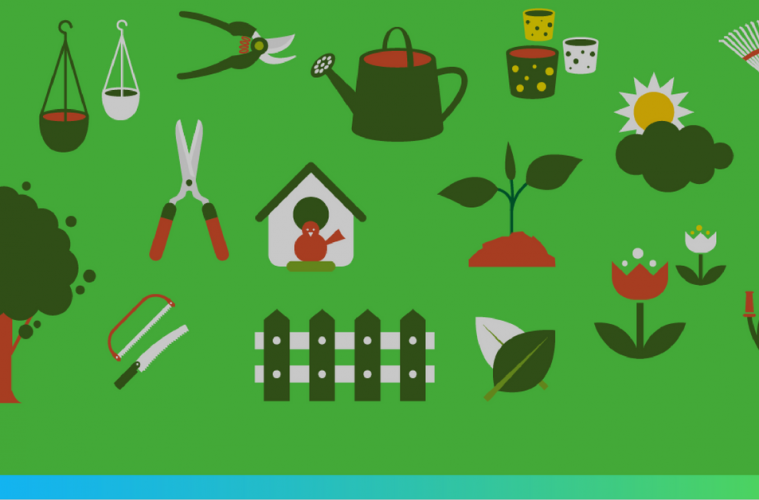Alan Beaumont, owner of Warwickshire-based wholesale nursery Greenfingers (Kenilworth) Limited, talks to World First about what Brexit means for his business and ongoing business strategy.
Every year Greenfingers, which was founded in 1980, buys thousands of plants and shrubs from Holland, France, Belgium, Germany and Italy. The firm, which sells exclusively to the cash and carry market in the UK, has an annual turnover of around £1 million and always has 80,000 plants in pots on its grounds.
Alan Beaumont offers insights into some of the vital lessons he has learnt during the last 36 years of running his business – as well the intricacies of ‘plant passports’ and what it’s like to deal with such a fragile stock.
-
Don’t underestimate localism…
My biggest business mistake has been underestimating the effect of localism. We have been trying to expand our business in the local area for the last decade and faced many challenges. A few years ago we acquired some land down the road from our current site. We had the view of creating a new purpose-built nursery that would have generated around 20 additional jobs in the local area. However, we were unable to get planning permission and lost on appeal following objections. We have since sold the land.
-
Don’t underestimate the importance of Europe to your business – even if it is in plants…
Brexit could mean that EU plant passports, which allow the free movement of plants and plant products within the EU, are abolished. Plants always travel with passports so that they can be traced quickly if there are any issues like disease. The loss of Britain’s use of EU plant passports would have major implications for the way in which plants are transported and sold. Since 1992 we have been using these passports, meaning it is the same paperwork used for transporting plants to London as it is for Rome. Regardless of the type of business you are in, cross-border imports and exports will continue and passports are a good system of trade. Brexit will probably mean more bureaucracy and delays at ports for paperwork to be checked. For me, this means that plants may die before they arrive. Plant passports are not top of the agenda in terms of untangling the UK from the EU.
Further reading: 5 possible impacts of Brexit on importers
-
Model your business plan to maximise cash flow
We have perfected our business model to become very profitable in our industry. We do not give credit to our customers. This is very unusual in the wholesale cash and carry sector, as many nurseries allow their customers to buy plants and pay later. We do not do this, which does limit our customer base, however as a result our cash flow is excellent and we are able to expand. In the future, we want to scale our business and replicate what we already have.
-
Take the heat out of your foreign currency liabilities
We pay our Italian supplier every March and September. Between those times the exchange rate can change dramatically. Previously this meant a lot of uncertainty about how much we would actually pay. It also meant that our bill could increase by thousands of euros by the time we had to pay.
I am now able to hedge and save thousands of euros by using currency brokers, World First. I know what I am going to pay in March and September. I am able to use the fluctuations in the currency market to our advantage and pay our suppliers using a competitive exchange rate.
In the past we used a bank. This meant going into a branch, filling in a form and being charged a fee by the bank to send money to suppliers in Europe. It took a long time. If we used certain euro cheques, our suppliers would be charged for cashing them in, which didn’t go down too well. Using World First is a lot cheaper than the alternatives and simpler too. As a result, we have better relationships with our suppliers because they are not charged when we pay them.
-
We will continue to do business with the continent whether we are in or out of the EU…
The UK does not produce the volume or range of plants we need, therefore we will continue to acquire plants from Europe. I expect that prices might go up, but even so it would still be essential. We have built up good relationships with people who grow plants on the continent. These relationships will not change because of a change in the political circumstances.
-
People are at the heart of flower power
All business sectors have their problems and challenges – horticulture is no different. The people who work in the sector are incredibly nice. I know of no other industry where people go out of their way to help each other out when they have a problem. We are all in it because we have a passion for plants. Plants change day by day but are beautiful all year round. It is an extremely interesting sector to work in – nature is wonderful!
The content is for general information only and does not constitute investment, tax, legal, medical or other form of advice.
Further reading: Growing my business: 6 things I wish I’d known


